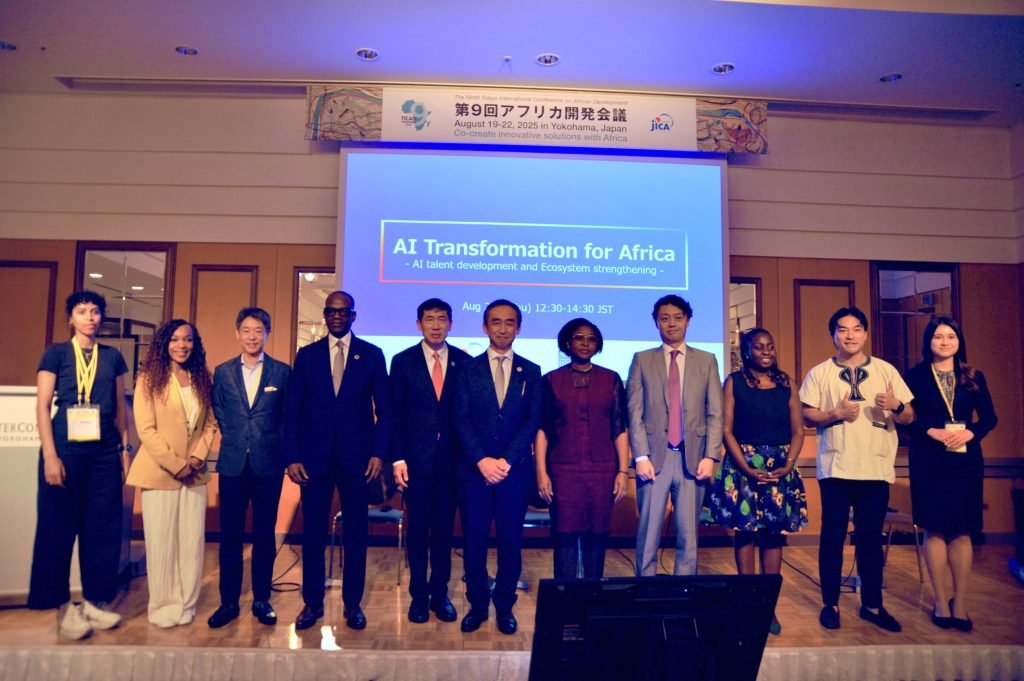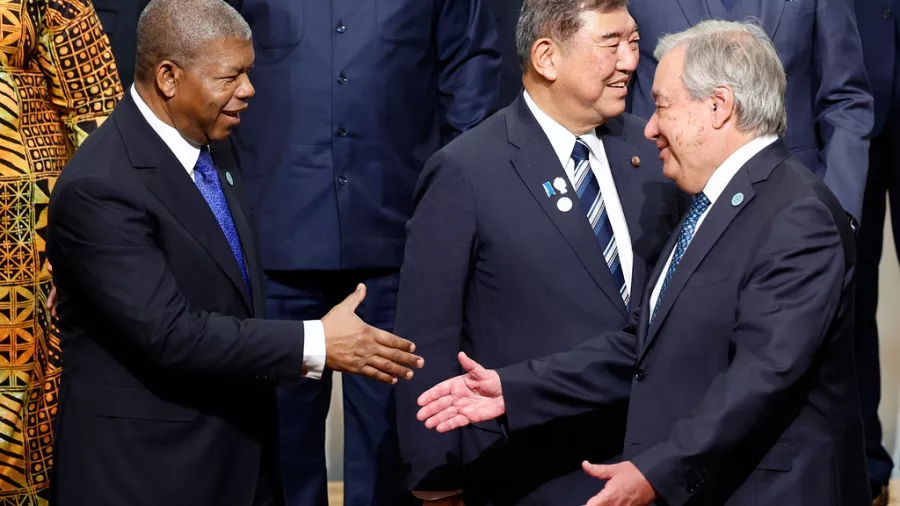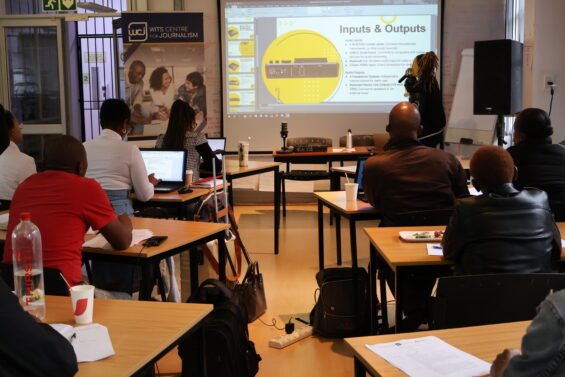In an ambitious stride at the intersection of diplomacy and technology, Japan has pledged to train over 30,000 African students in artificial intelligence (AI) within the next three years. Unveiled during the 9th Tokyo International Conference on African Development (TICAD), this initiative aims at boosting digital skills, promoting innovation, and generating jobs across Africa. The move is part of Japan’s broader strategy to strengthen its presence and influence on the continent, especially in light of rising Chinese engagement and shifting global power dynamics.
At the heart of this plan is a collaboration between the University of Tokyo’s Matsuo-Iwasawa Lab—led by Japan’s leading AI researcher, Professor Yutaka Matsuo—and up to 30 universities across Africa. The training will cover practical AI topics, from managing large datasets to integrating AI into business practices. Upon completion, participants may get opportunities to work with Japanese AI companies via programmes like Japan-Africa Co-Creation for Industry.
Prime Minister Shigeru Ishiba, speaking at TICAD, emphasised that developing human capital through AI training is central to Japan’s aim of supporting digitisation across Africa and creating sustainable employment. He stressed that this effort is not simply about technology transfer, but about enabling Africans to lead in shaping their tech future.

Table of Contents
Malawi’s Farmers: AI at Work in the Fields
While governments make big promises, innovation is already underway in Malawi—especially in agriculture, where AI is being used to address long-standing problems. Over 80% of Malawi’s roughly 21 million citizens depend on farming for their livelihood. But unpredictable weather, floods, droughts, and other extreme events have long threatened yield and food security.
Enter Ulangizi AI, a chatbot developed by the Chicago-based nonprofit Opportunity International, with support from the Malawian government and the Paris-based AI consultancy Artefact. The tool offers weather forecasts, early warnings of adverse weather, and guidance on what crops to plant each season—information delivered in both English and Chichewa (a national language) via voice and text. This helps farmers, even those with limited literacy, to make better decisions and plan ahead.
Greg Nelson, CTO at Opportunity International, described Ulangizi as a tool that gives “knowledge, power, and agency to people, even if they have limited educational opportunity or literacy.” The chatbot underscores how AI can be an enabler for communities often excluded, helping Malawi make strides against extreme poverty.

Stakes, Challenges and Context
Japan’s plan comes at a moment when global competition for influence in Africa is intensifying. China, which has for years been deepening its engagement in infrastructure, trade, and financing across the continent, is seen as a primary rival in this space. The United States is also recalibrating its approach, but many observers believe that Japan’s emphasis on human capital and technology offers a different model—one less reliant on infrastructure debt and more on skills, innovation, and sustainable partnerships.
Still, the path ahead has its obstacles. Japan itself admits to a domestic shortfall in AI adoption and workforce capacity: only about one in three Japanese people used AI in the past year, and the country expects to face a shortage of hundreds of thousands of software engineers by 2030. Training Africans is not a one-way street; Japan also hopes to tap into African talent, but ensuring quality education, stable infrastructure, and post-training opportunities will be key.
On the African side, there is the perennial problem of reliable connectivity, power supply, and access to devices. For Malawi’s Ulangizi AI, delivering accurate, timely data and reaching remote farmers in adverse weather conditions means dealing with infrastructural limitations. And scaling solutions like this in multiple countries will require sustained investment, local partnerships, and regulatory frameworks that protect data privacy and encourage innovation.

Why This Matters & What to Watch
This dual narrative—Japan’s large-scale AI training scheme, and Malawi’s field-level AI application—highlights what could be a turning point for Africa’s place in the global AI landscape. It’s about more than foreign aid or technology transfers; it’s about empowerment, sustainable growth, and giving Africans both tools and a voice.
For policymakers and stakeholders, there are several signals to keep an eye on:
- Quality and consistency of training: Are the curricula rigorous enough? Will students receive support, mentorship, and hands-on experience?
- Post-training opportunities: Will there be pathways to jobs, research, or business creation—not just certificates?
- Scalability and localisation: Can tools like Ulangizi AI be adapted to different countries, languages, climates, and farming practices?
- Infrastructure and access: Electricity, internet, mobile devices—these remain real bottlenecks across parts of Africa.
- Regulation, ethics and data: As AI becomes part of everyday life (in farming, healthcare, education), how will privacy, fairness, and transparency be ensured?
If Japan succeeds, this could shift narratives: Africa is not just a recipient of technologies, but a partner in shaping AI’s future. If Malawi’s experience with AI in agriculture becomes replicable, millions of smallholder farmers could see real improvements in yield, income and climate resilience.
Join Our Social Media Channels:
WhatsApp: NaijaEyes
Facebook: NaijaEyes
Twitter: NaijaEyes
Instagram: NaijaEyes
TikTok: NaijaEyes














![Mr Macaroni Drops Blistering Remark: ‘APC Filled with Most Corrupt People’ as He Slams Tinubu’s Controversial Pardon for Criminals=]] Mr Macaroni](https://naijaeyesblog.com/wp-content/uploads/2025/03/Mr-Macaroni-1-1-180x135.avif)

![Chaos Erupts in Abuja Hotel as BBNaija Star Phyna Sparks Fierce Scene Over Alleged N200,000 Dispute [VIDEO] Phyna](https://naijaeyesblog.com/wp-content/uploads/2024/11/A-Picture-of-Phyna-BBNaija-180x135.jpg)






















